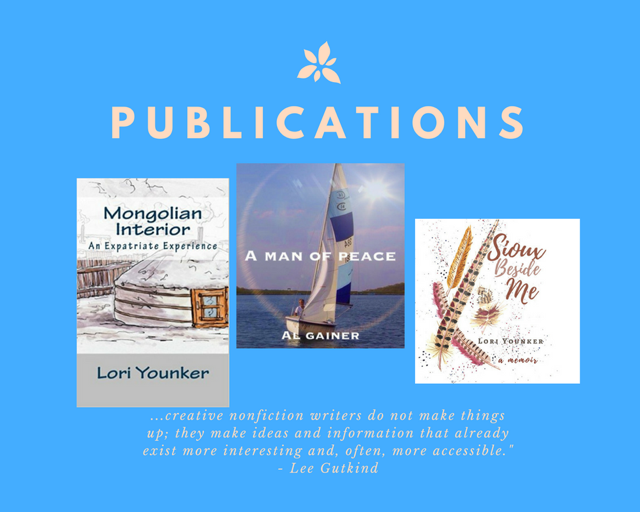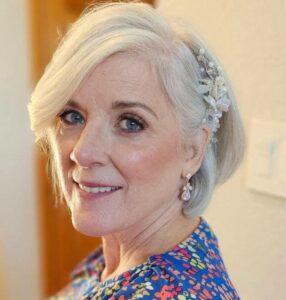|
Could there be a viable way to get along with others who have a worldview at odds with ours? I found some useful answers.
In the workplace, I was having trouble communicating with a fellow worker. We were always at odds with each other, so when I saw that Chad Rose, PhD was our speaker on the day set aside for professional development, I anticipated an interactive and truly helpful hour. I had heard him speak before on BULLYING. This time, his session was entitled Professional Relationships & Rapport Building. Yes, that is what I longed for! I wanted to be able to build rapport with someone so different from myself. At WorldSoBright we aim to fill a void in the cultural marketplace. Can we learn to appreciate our cultural differences? Unfortunately, I’ve learned that a worldview can stand in the way of a productive work relationship. So, I was eager to learn all I could about social interactions from Dr. Rose.
I sat in the front row of Dr. Rose’s session. His focus would be how to REPAIR relationships and to build trust. Oh, believe me, I was in the right place. He began with a diagram of concentric oblong circles one inside the other. He talked about the smallest inner circle first. Here, we find the individual. He has INDIVIDUAL factors affecting his attitudes toward work, toward life, toward gender, toward rules, toward me. These ideas may not always reflect the corporate culture or the belief of his religious affiliation. I can’t change him at this level, but I could have a deeper understanding of him that could make the difference in our working relationship. It’s a good reminder that we all do not think alike. We are not all excited about the task at hand. In other words, we all don’t bring to the table the same amount of enthusiasm for it. Nor will we gain the same benefit from an activity or discussion. His risks could be his loss and my gain, if you get what I am driving at. Each individual is in another circle which affects him greatly: his FAMILY. This is where I added my imagination to the information I was hearing. I imagined the individual caught in a web of his parents attitudes and his elders expectations toward the outside world. This web includes how much capital is available to him to meet his goals or his family’s goals. Capital, I remember my readings of Ruby Paynes’, A Framework for Understanding Poverty. The concept of capital is not only referring to money but to social and academic skills, to name a few. This capital is owned by the family. So, I learn that I need to consider what the other person has going for them and what capital he lacks. This will help me down the road of understanding. Dr. Rose continued through the other circles of PEER factors, COMMUNITY factors, and SOCIETAL factors. As he approached this last circle, society, I had to concur that some groups of people are MARGINALIZED and are put at a POWER LOSS. In any given social interaction, someone has power and someone is powerless. As an English teacher, I understand that the English speaker has power. I remember back to the Spanish-speaking high school students who resisted me at every turn as their instructor. Could it be they resisted the power of English over them? Were they conscious of of why they acted the way they did? I may have no idea that my worldview is affected by the society around me. If my race or religion is associated with tension in the society, I may act defensively, in ways that protect my identity or my peers or my family. And then to top it off, if I have no social capital, as Dr. Rose explains, I will fight with you and RESIST your efforts to work with me, let alone open the door toward having a good relationship. It is at this point we have our first strategy from Dr. Rose. We should watch the MESSAGES we are sending. Specifically ask, “Am I giving any slights or snubs that LABEL the other person in a DEROGATORY way. I asked myself the question. Do I act in prideful ways that give a message of “I am better than you”? Yes, I have. God forgive me. In my next post, I will share with you more PRACTICAL STRATEGIES to REDUCE CONFLICT and to win over someone from another worldview, working toward relationship, peace, and productivity.
FURTHER READING: Two Worldviews at Odds: How to Handle Conflict, Part 2 Cultural Topic: Handling Conflict Cultural Topic: Handling Anger in a culturally sensitive way
|



